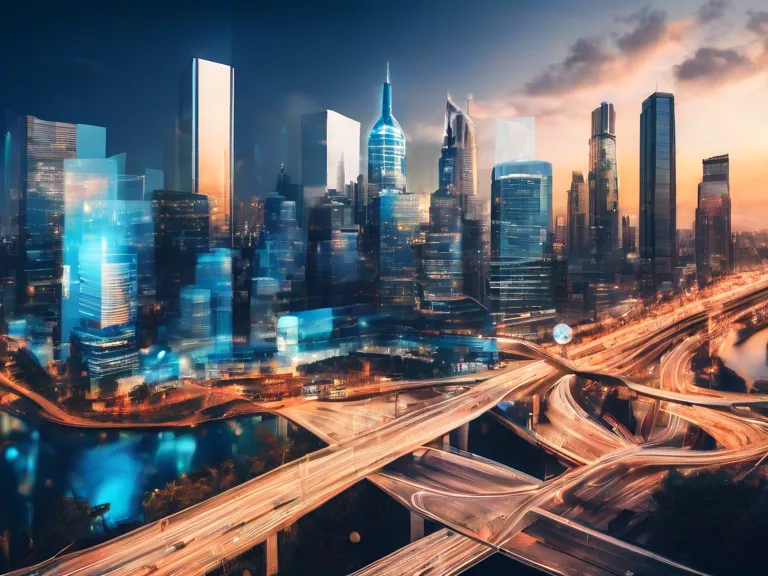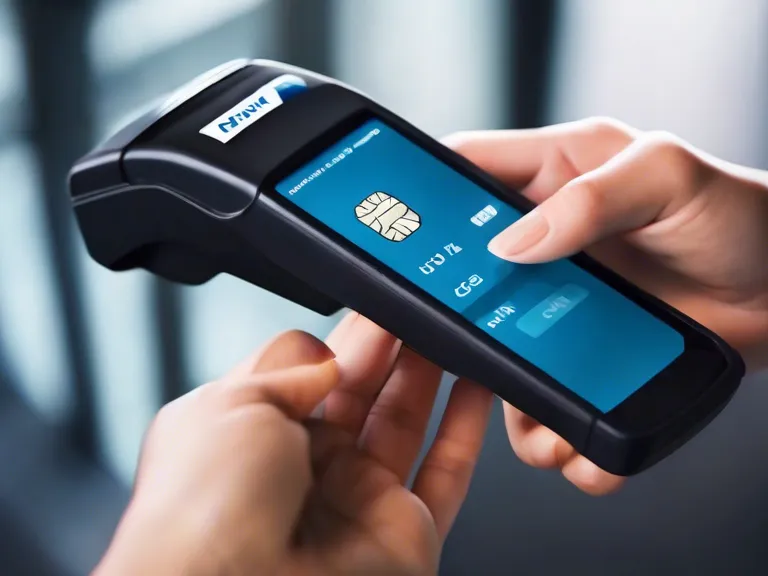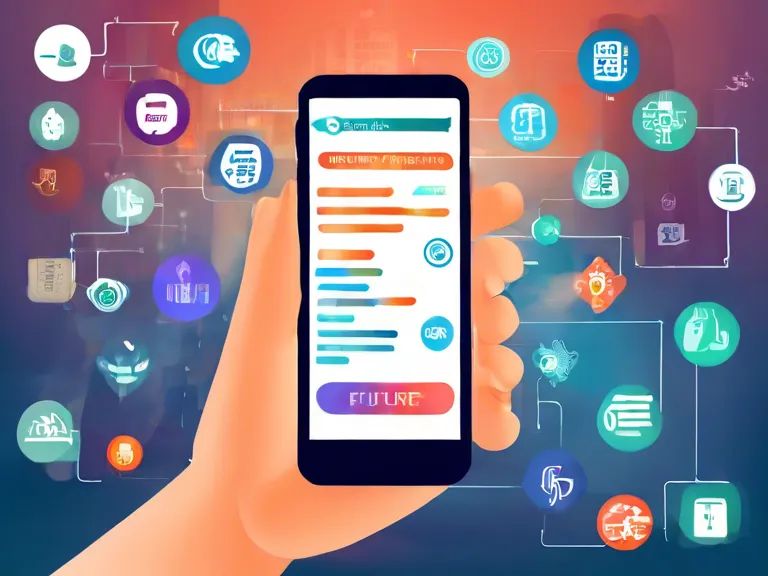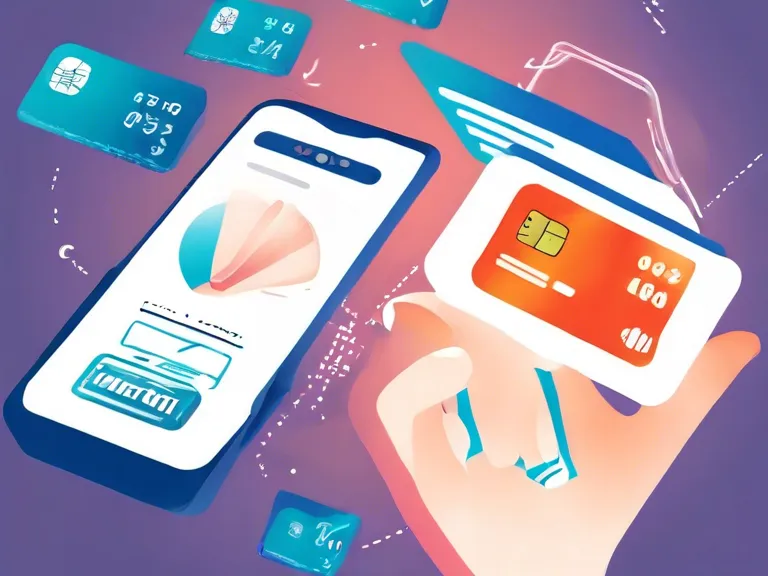
The Intersection of Instant Payments and Smart City Development
As the world continues to digitize and cities embrace technology to improve the lives of their residents, the intersection of instant payments and smart city development becomes increasingly important. Instant payments refer to the ability to transfer money electronically almost instantaneously, offering convenience and efficiency for both consumers and businesses. Smart city development, on the other hand, involves using technology to enhance urban living by optimizing infrastructure, services, and communication.
One of the key areas where instant payments and smart city development overlap is in the realm of transportation. With the rise of smart transportation systems that leverage data and technology to improve efficiency and reduce congestion, instant payments play a crucial role in enabling seamless mobility. For example, commuters can use instant payment methods to pay for public transportation fares, parking fees, ride-sharing services, and more, all within the same integrated platform.
In addition to transportation, instant payments can also enhance the overall quality of life in smart cities by streamlining transactions for various services such as utilities, healthcare, and government services. By enabling quick and secure payments, residents can enjoy faster access to essential services, leading to a more efficient and responsive urban environment.
Furthermore, instant payments support the growth of e-commerce and digital marketplaces within smart cities, fostering economic development and entrepreneurship. By facilitating instant transactions online, businesses can reach a wider customer base and provide a more seamless shopping experience, contributing to the overall vibrancy and competitiveness of the city's economy.
In conclusion, the integration of instant payments into smart city development initiatives offers numerous benefits for residents, businesses, and city governments alike. By leveraging technology to enable fast and secure transactions across various sectors, cities can create a more connected, efficient, and prosperous urban environment for all.



